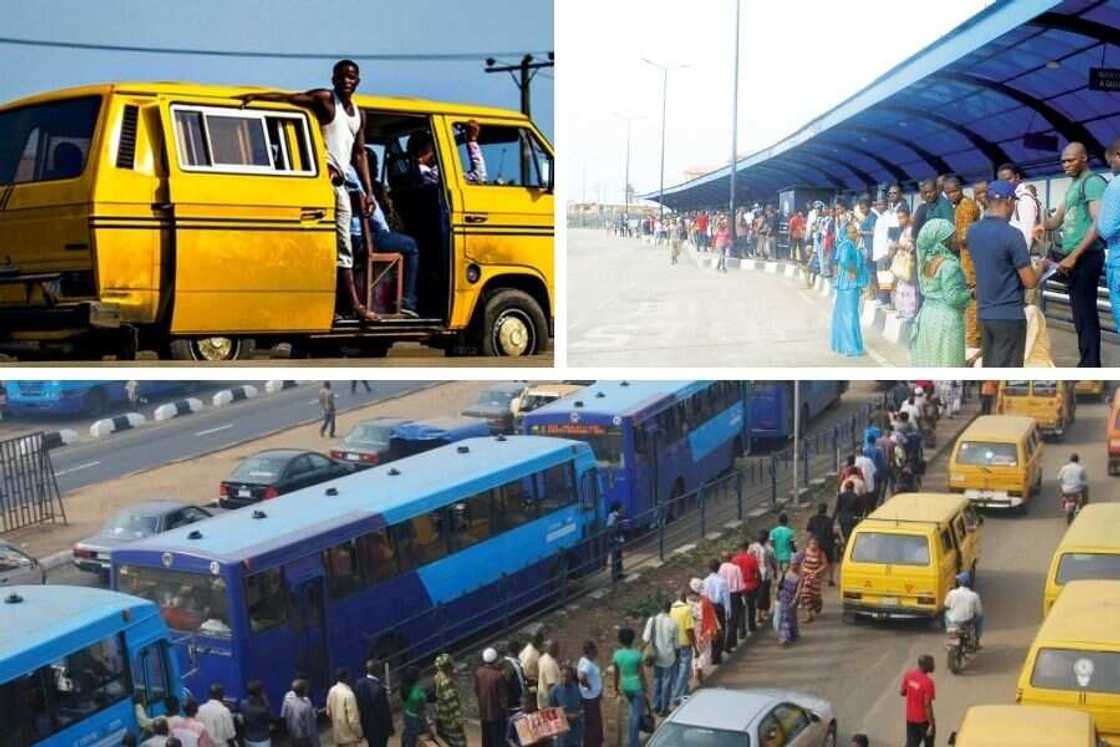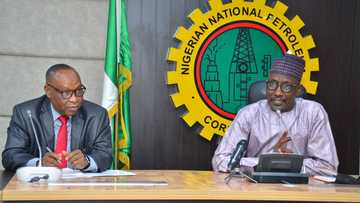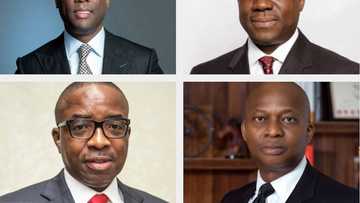Fuel Subsidy: Transport Fares Soars 283% in January, Says NBS
- The cost of transportation around cities in Nigeria has been rising steadily, the country's data agency says
- According to the Nigeria Bureau of Statistics, the cost of transportation in the country jumped by 283 per cent in four years
- The price paid by consumers for petrol increased from N148.7 in January 2017 to N165.77 in December 2021.
PAY ATTENTION: Click “See First” under the “Following” tab to see Legit.ng News on your Facebook News Feed!
As a result of the rumoured petrol subsidy removal, the cost of transportation Nigerians paid increased by 283 per cent higher in transport in January, says Nigeria Bureau of Statistics (NBS).
The average cost of bus transport in Nigerian cities went up from N122.83 in January 2017 to N470.83 in December 2021, the NBS data says.

Source: UGC
By this, it means the cost of transportation within cities through bus has increased by 283 per cent, that is B384 in four years, data from the Transport Watch reports of NBS says.

Read also
Report shows NNPC spends N100 billion on Refineries rehabilitation in 2021, yet no drop of oil was processed
Intra-city bus transport fare surge
The data says that in 2017, Abuja had the largest intra-city bus transport cost at N290.55 while Borno had the least at N50.
PAY ATTENTION: Subscribe to Digital Talk newsletter to receive must-know business stories and succeed BIG!
By 2021, Zamfara had the highest at N700.22 while Abia has the lowest at N294.44.
The report indicates that the lowest cost in 2021 is 2.4 times above the average cost in 2017.
According to the report, the average cost of bus transport from one city to another increased from N1, 430 in January 2017 to N2,784.92 in December 2021.
The Punch reports that the average cost of price of petrol rose by 11.48 per cent during the period in review.
Price of petrol hiked over the years
The price paid by consumers for petrol increased from N148.7 in January 2017 to N165.77 in December 2021.

Read also
Four Top Nigerian bank CEOs kick off 2022 in riches. Here is how much they made in January 2022
As in the cost of bus transport, the cost of fuel subsidies has also been rising.
The Nigerian National Petroleum Corporation said that it spent N144.53bn in funding petrol in 2017.
How much Nigerians may pay per litre of petrol, according to NNPC
Legit.ng has reported that Malam Mele Kyari, the Group Managing Director and Executive Officer of the Nigerian National Petroleum Company (NNPC), says Nigeria should be out of subsidy regime by the end of February 2022.
According to a report by Vanguard, the NNPC MD said this at the presentation of the World Bank Nigeria Development Update, November 2021 edition titled “Time for Business Unusual”.
Kyari added that by February 2022, there will be no provision for subsidy legally, PM News also reported.
Source: Legit.ng


